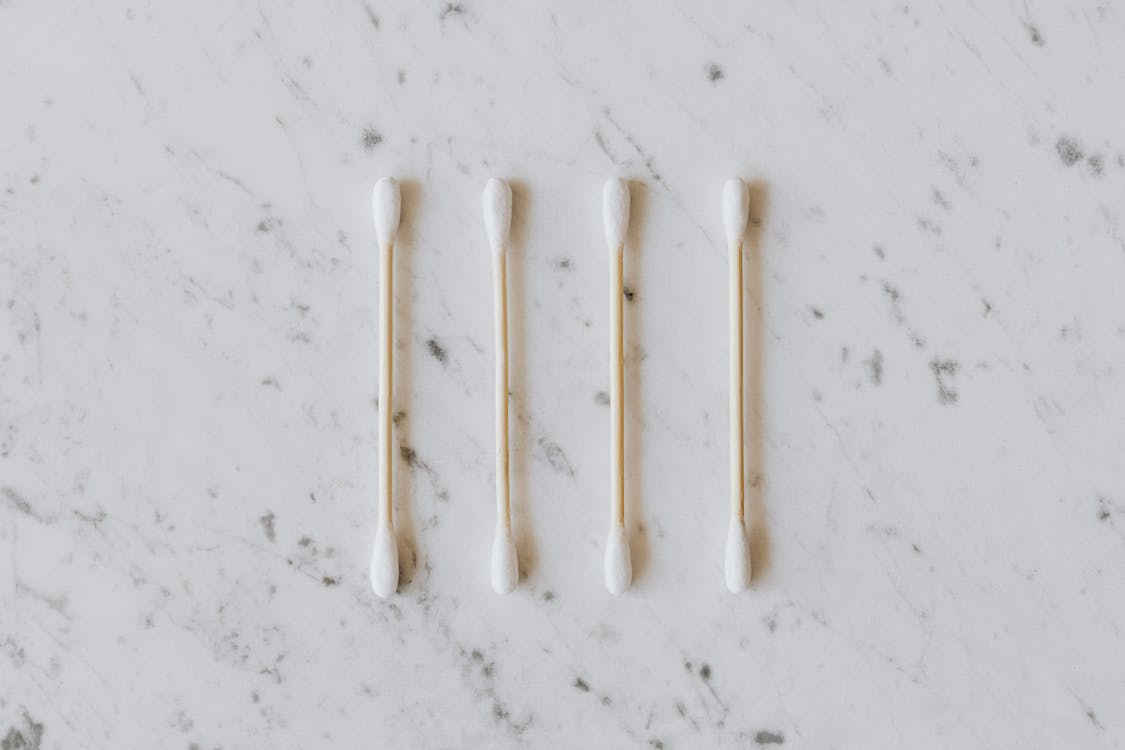Single-use plastic cotton buds, drink stirrers and most plastic meat trays are among single use plastics banned from sale or manufacture from today.
“This is the first group of the most problematic plastic products to be banned in a progressive phase out over the next three years,” Environment Minister David Parker said.
“Stopping the sale of these plastic products will reduce waste to landfill, improve our recycling systems and encourage reusable or environmentally responsible alternatives.”
Plastics that are banned from sale from 1 October 2022 are:
- Single-use plastic drink stirrers
- Single-use plastic cotton buds
- Polyvinyl chloride (PVC) pre-formed food trays and containers*
- Polystyrene takeaway packaging for food and beverages
- Expanded polystyrene food and beverage retail packaging (such as foam takeaway containers or some instant noodle cups)
- Plastics with additives that make them fragment into micro-plastics
“On average, every year each New Zealander sends about 750kgs of waste to landfill. Some products can’t be recycled and are unnecessary,” David Parker said.
“These are the first group of plastic products to be banned since the ban on single-use plastic bags in 2019. That has meant more than one billion fewer plastic bags have ended up in landfills or the ocean,” David Parker said.
“Recent announcements on investments from the Plastics Innovation Fund, as well as funding to help co-design a product stewardship scheme for plastic packaging also show this Government’s commitment to tackling the problems caused by plastic waste,” David Parker said.
In mid-2023, the next group of single-use plastics to be phased out will include single use plastic plates, bowls, cutlery, single-use plastic produce bags and non-compostable produce labels. Other PVC and polystyrene food and beverage packaging will be banned from mid-2025.
Taking action to minimise waste and problem plastics is part of the Cooperation Agreement between Labour and the Green Party, building on the progress made as part of last term’s Confidence and Supply Agreement.
Green Party environment spokesperson Eugenie Sage said: “The phase out of single use plastic shopping bags was the first step towards an Aotearoa free of plastic pollution. Today’s announcement is further progress in achieving that vision.
“The phase out of plastic shopping bags showed how easily we can make changes at retail and household level to avoid plastic waste and do better for nature. We won’t miss these plastic items when they are gone either. With a bit of support and advice, switching to reusable products to replace these unnecessary plastics is easy,” she said.
Note:
Under the Waste Minimisation Act 2008 the definition of ‘sold’ includes giving products away for free. Businesses with excess stock of these items on 1 October may:
- Use them internally, for example for food storage or food preparation, but it would be a breach of the law to sell or give them to customers or any other person.
- Contact industry bodies or local recyclers to determine whether their products can be recycled onshore. For some clean unused items there may be recycling solutions. A list of New Zealand recyclers can be found here: Recyclers | Plastics New Zealand.
- Contact suppliers about taking products back.
- Dispose of them to landfill.
There will be an exception for cases where plastic or synthetic cotton buds have specific uses where such items are required to be sterile or sterilized and alternatives do not yet exist. This includes:
- As part of a medical device that is not sold by retail
- In a veterinary clinic for diagnosis or sampling
- In a commercial food laboratory for food sampling
- In a laboratory for scientific investigation
- As part of scientific or medical testing kits (eg, those in COVID-19 Rapid Antigen Tests).
- There is more information here Ministry for the Environment and guidance on the plastics being banned and the alternatives that can be used.
* This ban is limited to PVC trays used for meat (and alternative meat products), produce and baked goods. If the PVC plastic is formed, filled with food and then mechanically sealed on the same line, it is not in the scope of this ban.
Image credit: Karonlina Grabowska

From the great minds who banned plastic drinking straws to save all those poor sea turtles (who are currently suffocating under a mountain of discarded M95’s ????”
Never mind all the experimental injections and tech tyranny, our intrepid leaders are gonna save us from the HORRORS of ear buds and food trays.
Jesus ????????
How much more is it gonna take before we bring back tarring and feathering?
So much of virtue signalling. Even countries like India banned plastic bottles of fizzy drinks. Coke, pepsi plastic pollution must be banned. Glass bottle or cans are Ok. American fast foods, fizzy drinks are the main source of ill health.
750 Kg of plastic per person per year that is over 2 kg per day I call BS
“On average, every year each New Zealander sends about 750kgs of waste to landfill. Some products can’t be recycled and are unnecessary,” David Parker said.
BS
I will listen when they ban plastic coke and Pepsi bottles……..I think I will be waiting a while…..